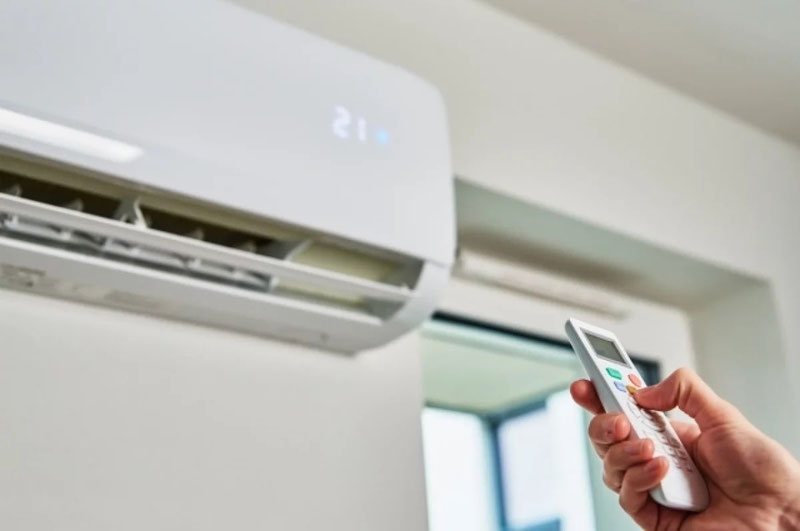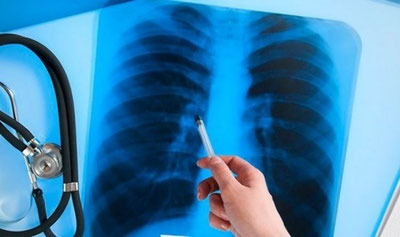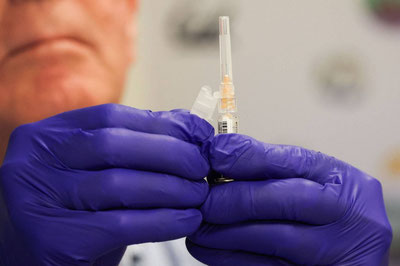According to Svetlana Burnatskaya, a Doctor of Medical Sciences and a physician, she emphasizes that this caution is not unwarranted. She has made it known that incorrect use of air conditioning can weaken the immune system and increase susceptibility to infections.
Why does the immune system weaken?
Common cold — simply put, is an acute respiratory viral infection (ARVI) caused by viruses and bacteria. The significant drying effect of the air conditioner on air causes the loss of natural moisture of the mucus membranes, thereby weakening the body's defense mechanisms against external infections.
If the airflow from the air conditioner is directed straight at a person, it can lead to cold drafts, myositis (muscle inflammation), or neuralgia (nerve pain). If the air conditioner filters are not cleaned on time, they can spread dust, allergens, and even bacteria. Using it in enclosed rooms without ventilation can lead to dampness and deterioration of air quality. Moreover, a temperature difference between the room and the outdoor environment exceeding 7–10 degrees can become a stress factor for the immune system.
When is the risk higher?
The expert highlighted that the harm from air conditioners is even more significant for people with chronic diseases, harmful habits, those suffering from insomnia and constant stress, allergics, and individuals prone to ARVI.
How to use it safely?
The doctor advises the following recommendations for safe use of air conditioners:
Cool the room to 22–25°C,
Ensure the temperature difference from outdoor temperature does not exceed 7–10°C,
Direct the airflow upwards or sideways instead of directly at people,
Use humidifiers to maintain humidity,
Regularly wash and service filters,
Turn on the air conditioner in advance, at a moderate setting,
Do not forget about forced ventilation in the room.
If you catch a cold...
If you experience symptoms of a cold (runny nose, cough, joint pain, fever) after using the air conditioner, the doctor advises the following measures:
Drink plenty of water,
Rinse your nose,
Use fever-reducing agents.
If the condition persists for 3–4 days, body temperature exceeds 38.5°C and lasts for more than two days, if you experience headache, muscle aches, shivers, chest pain, or pus-filled discharges, it is essential to consult a doctor immediately.






